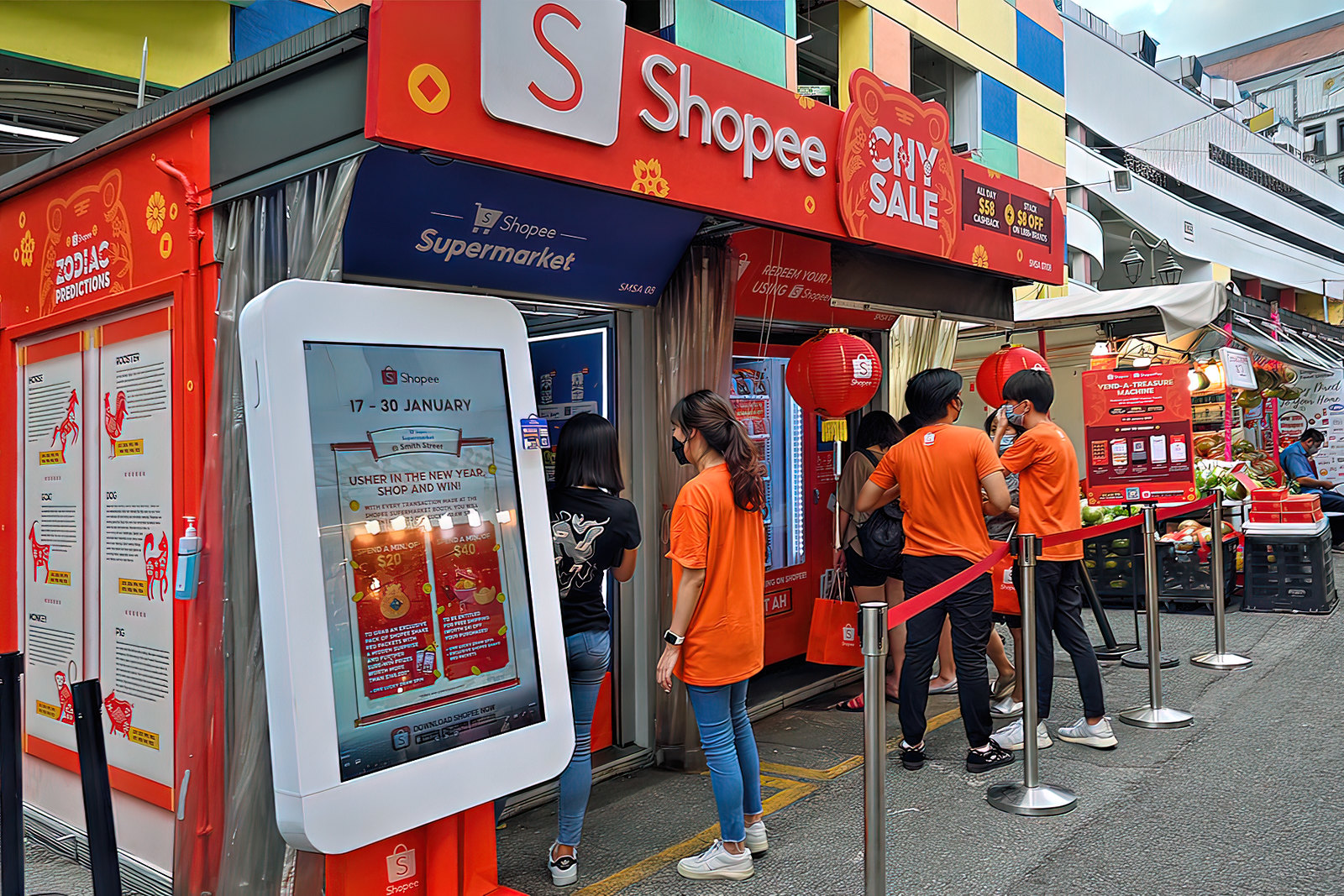by Brian Hioe
語言:
English
Photo Credit: Choo Yut Shing/Flickr/CC BY-NC-SA 2.0
DATA LEAKS continue to be a matter of significant concern in Taiwan, with concerns raised by civil society groups about popular online ecommerce platform Shopee and a widely reported data leak by iRent, a service for sharing motorcycles and cars or renting vehicles.
This takes place shortly after news reports indicated that the data for what hackers claimed to be Taiwan’s entire household registration system had been leaked online and was for sale on the BreachedForum website. The Ministry of the Interior has denied that this information is up to date, but this has led to criticisms from legislators and civil society groups regarding government inaction. It is expected that this information would end up in China’s hands if it was leaked online. To this extent, there is an ongoing investigation into leaks of the National Health Insurance database going back to 2009, focusing on employees of the National Health Insurance Administration that may have sold the data.
The iRent data leak was reported on by US tech publication TechCrunch, after a database containing the information of 100,000 users was found to be accessible online without password protection. The database was located on a cloud server owned by the Hotai Motor Company, which runs iRent and could be accessible just through its IP address.
It is thought that the personal information of 140,000 individuals was compromised as a result. Accessible data included the names of users, their mobile phone numbers, home addresses, e-mail addresses, driver’s license photos, and some credit card information, though some credit card information was redacted. TechCrunch stated that it sought to contact Hotai but did not receive a response, so contacted Taiwan’s Ministry of Digital Affairs, which has taken steps to block access to the database. iRent has stated that it will compensate the 400,000 individuals who have registered with the service since the implementation of the database with free hours. iRent has also been fined 200,000 NT by the Ministry of Transportation and Communication and 90,000 NT by the Taipei city government.

Photo credit: TheGreatSG’rean/WikiCommons/CC BY-SA 4.0
On the other hand, controversy regarding Shopee is due to Chinese investment in the company. As such, there are fears that information on the account could end up in the hands of the Chinese government. Tencent Holdings owned 39.7% of Shopee when its Taiwan entity was registered in 2015, though its current stake is now at 18.7%.
The Economic Democracy Union (EDU), a civil society group that is often involved in raising the alarm regarding issues pertaining to Chinese influence, has criticized the Taiwanese government for failing to fine Shopee despite three network shutdowns last year that compromised the information of Taiwanese users. By contrast, the EDU has pointed out the Taiwanese government has acted to punish Taiwanese companies that have such network shutdowns.
Likewise, the EDU has criticized products on Shopee as being improperly regulated, leading to illegal items below safety standards being sold on the platform. It has also been suggested that the lack of regulation on the platform could allow for money laundering from China, for vote buying or other purposes. Shopee is accused of having established market dominance through unfair trade practices, in initially offering free deliveries and then later raising delivery fees. In particular, the Financial Supervisory Commission has been criticized by the EDU for dragging its feet on the issue, in allowing Shopee Pay to operate without the backing of a licensed institution, and generally failing to regulate the platform. Either way, Shopee, along with Books.com.tw, Carousell, Eslite Bookstore, and Decathlon, are the ecommerce platforms in Taiwan with the highest incidences of fraud.
There has been increased concern as of late regarding Chinese or Chinese-funded companies that seek to enter the Taiwanese market posing as from another country. This possibility was raised regarding the social media app Bondee, which appeared to be the Chinese social media app Jelly seeking to enter Taiwan by posing as a Singaporean company. Although Jelly was very popular in China when it entered the market, overtaking WeChat as the most downloaded app in January 2022, it was removed from the Chinese app ecosystem one month later after users reported fraud and data leaks that seemed to be the result of registering on the platform.
However, while Bondee was a new entrant into the market, Shopee has established a dominant market presence in Taiwan. At present, the ecommerce platform operates a number of brick-and-mortar stores for deliveries in Taiwan. Consequently, concerns about its data security are significant for Taiwan.



